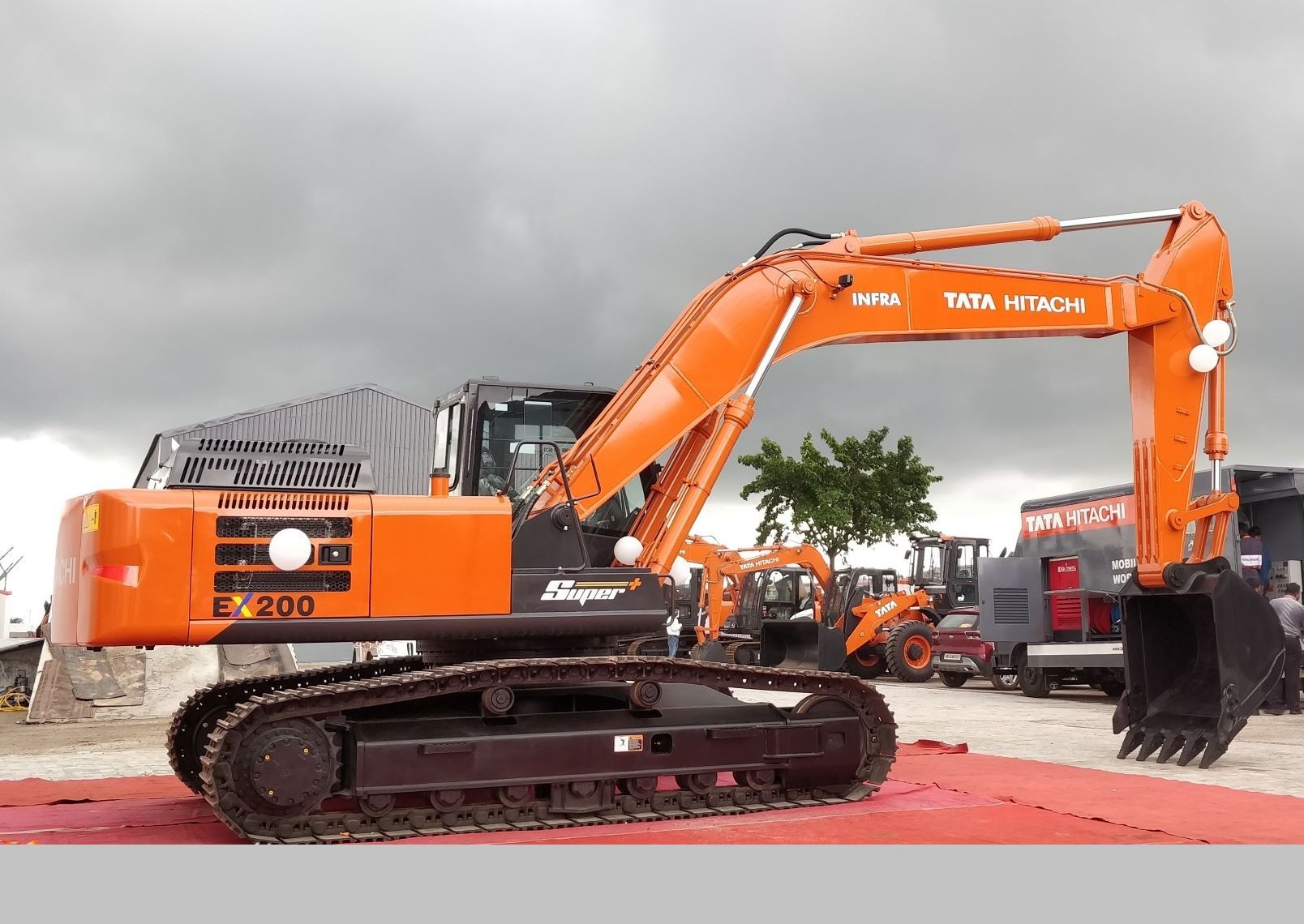In the construction industry, the decision between renting and buying equipment is a pivotal choice that directly impacts project costs, timelines, and overall efficiency. This blog navigates the intricate landscape of excavator ownership, dissecting the economic considerations that construction professionals must weigh when deciding between renting and buying this indispensable piece of machinery.
Capital Investment vs. Operational Expenditure
One of the fundamental considerations in the renting vs. buying dilemma is the financial structure. Purchasing an excavator involves a significant upfront capital investment, while renting allows for spreading the cost over the duration of the project. Construction companies must evaluate their financial strategy and determine whether preserving capital or managing operational expenses aligns with their business model.
Project Duration and Frequency
The nature of construction projects varies widely, from short-term assignments to long-term endeavors. Renting an excavator proves advantageous for projects with a defined timeline, eliminating the burden of ownership when the equipment is not in use. For companies engaged in frequent, ongoing projects, purchasing might be a more cost-effective option over the long run.
Maintenance and Depreciation
Owning an excavator means shouldering the responsibilities of maintenance and dealing with depreciation. Maintenance costs and the rate of depreciation can significantly impact the total cost of ownership. Renting, on the other hand, often includes maintenance as part of the rental agreement, alleviating the burden on the construction company.
Utilization Rate
The utilization rate of an excavator—how frequently it is in use—plays a crucial role in the economic decision-making process. If an excavator is expected to be in operation for a substantial portion of the time, purchasing may offer better cost efficiency. Conversely, if usage is sporadic, renting ensures that expenses align with actual usage.
Technological Advancements
The construction industry is continually evolving, with new excavator models incorporating technological advancements for increased efficiency and performance. Renting provides the flexibility to access the latest equipment technology without being tied to outdated machinery, presenting a strategic advantage for staying competitive.
Flexibility and Scalability
Renting offers construction companies unparalleled flexibility and scalability. The ability to adjust the fleet size based on project requirements ensures optimal resource allocation. In contrast, purchasing commits a company to a specific fleet size, potentially leading to underutilization or overextension in different project scenarios.
Resale Value and Asset Management
The resale value of equipment is a crucial factor in the total cost of ownership. Excavators, like any machinery, depreciate over time. Construction companies must carefully evaluate the resale value and consider the impact on their asset management strategy when deciding to buy.
Risk Mitigation
Risk management is inherent in any business decision. Renting mitigates certain risks associated with equipment ownership, such as unexpected maintenance costs, technological obsolescence, and fluctuations in market demand. Construction companies must assess their risk tolerance and factor it into the decision-making process.This post is sponsored by our partners Wigs
Conclusion
The decision between renting and buying an excavator is a nuanced evaluation that involves a thorough analysis of financial considerations, project dynamics, and the broader business strategy. Each option comes with its own set of economic implications, and construction professionals must carefully weigh these factors to make an informed choice that aligns with their specific needs and objectives. Ultimately, excavator economics demand a strategic balance between capital efficiency, operational flexibility, and long-term financial sustainability.


